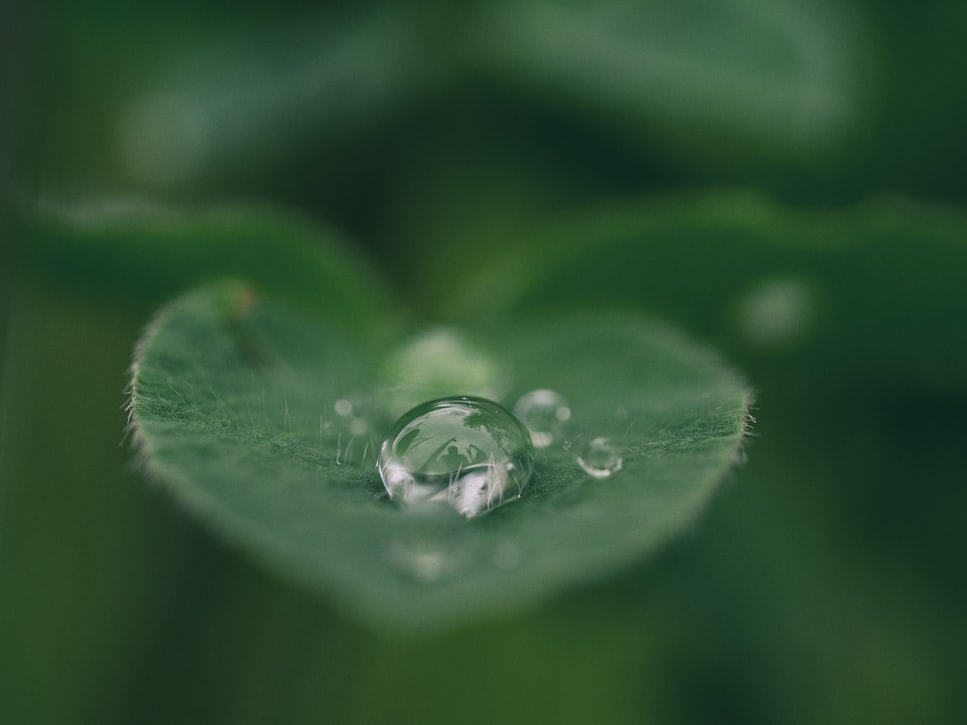
How to Choose Sustainable Fabrics
In today’s age of increasing environmental awareness, the move towards sustainable fabrics as a way of lessening the environmental impact of the textile industry has become ever more important and here at Fabrics Galore, we appreciate that this is something our buyers are conscious of when purchasing fabric. However, we understand that sustainable choices can be a minefield, especially if you don’t know what you’re looking out for. Just remember, the best fabrics for you will be the materials which allow you to waste less and wear your items for longer. To help you understand more about our sustainable fabrics, as well as the OEKO-TEX 100 trademark, we explain how some of these newer fabrics can be classified as more sustainable.
What is TENCEL™?
TENCEL™ is technically a brand name for fibres made from lyocell, or they are sometimes known as regenerated cellulose. The fibres are created from wood pulp, making them a sustainable option, not only because of its raw material but also in the way that it is manufactured. We know what you're thinking - what type of wood is used? The answer to this is mostly eucalyptus and spruce.
The manufacturing of TENCEL™ involves a special drying process called spinning, which occurs after the wood pulp is dissolved. The entire process uses very few toxic chemicals compared to other fabric manufacturing processes. But interestingly, (and this is interesting) although the raw material is natural, because the fibre creation is conducted by humans it can’t be classified as a natural fibre.
Aside from the benefits for the environment, TENCEL™ is also famously soft to touch, so it is very versatile and can be used for a variety of different projects.
What is Modal?
Similarly to TENCEL™, Modal is also made from wood pulp, sourced from beech trees, but the material goes through a slightly different manufacturing process which is still relatively sustainable. Depending on the manufacturer of Modal, the production of the material can potentially use nearly 20 times less water when compared to producing the same amount as cotton - which says a lot in itself.
The fabric has a slightly lighter and thinner feel compared to many of the TENCEL™ clothes. As it was originally developed as an alternative to silk it has the same lightness and drapey quality which we all know and love. This may explain why it is becoming a favourite choice for underwear, sleepwear and the occasional t-shirt. If you need some inspiration for a project, our navy-blue modal jersey would make the softest t-shirt or the dreamiest undies that you are bound to fall in love with.
What is organic cotton?
Organic cotton is grown in a way which uses methods and materials that lessen the impact on our environment, as it doesn’t have a harsh manufacturing process. When producing this organic material, less energy is used, less greenhouse gases are released and significantly less water is used due to the improved soil quality. Conventional cotton, however, is repeatedly grown on the same soil which deteriorates the soil quality, which means the entire process requires a lot more water.
In traditional farming methods for cotton, toxic chemicals are also used which affect the quality of crops, drying out the soil again and horribly, these chemicals harm the farmers working on the land. When you purchase GOTS certified organic cotton from Fabrics Galore, you have the peace of mind that the people who create your fabrics are paid a living wage and fairly compensated for their hard work.
What does OEKO-TEX 100 mean?
You may have noticed that since we launched our new snazzy website we have been showing off our large and increasing range of OEKO-TEX 100 fabrics. However, this may have got you wondering what on earth that means?
In short, the OEKO-TEX 100 means that every single component in that fabric has been tested for harmful substances and therefore is harmless to humans. This test is carried out by the independent OEKO-TEX institute, with the tests sometimes even exceeding national and international regulations and standards. Every year, more tests are involved for materials to be added to the list and the criteria is expanded.
You may think this is similar to an ‘organic’ certification, but OEKO-TEX is slightly different because the OEKO-TEX tests are conducted on the finished cloth, whereas the organic tests are on the raw materials. Now because of these differences it means the OEKO-TEX standards can be applied to many different cloths, and our collection is packed with everything from pure cotton ginghams to jerseys.
Would you like to purchase sustainable fabrics from Fabrics Galore?
To have a chat with a member of the team at
Fabrics Galore about our organic cotton and sustainable fabrics, you can chat with one of our friendly staff by calling 020 7738 9589. We would be happy to assist you and answer any questions you may have.







